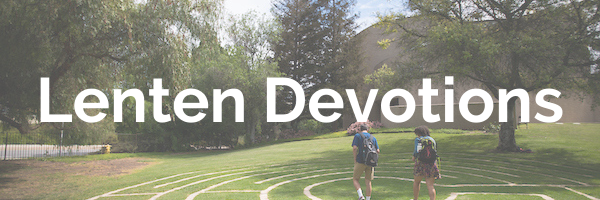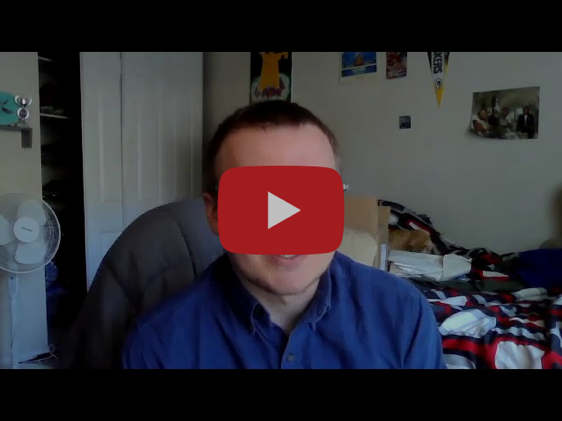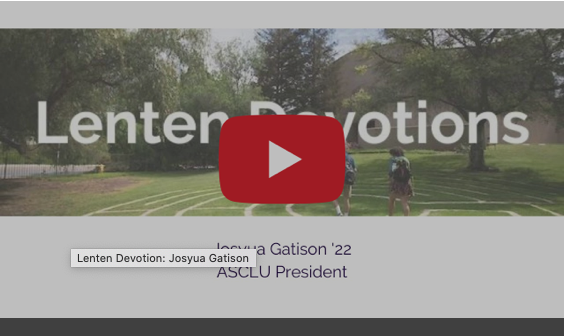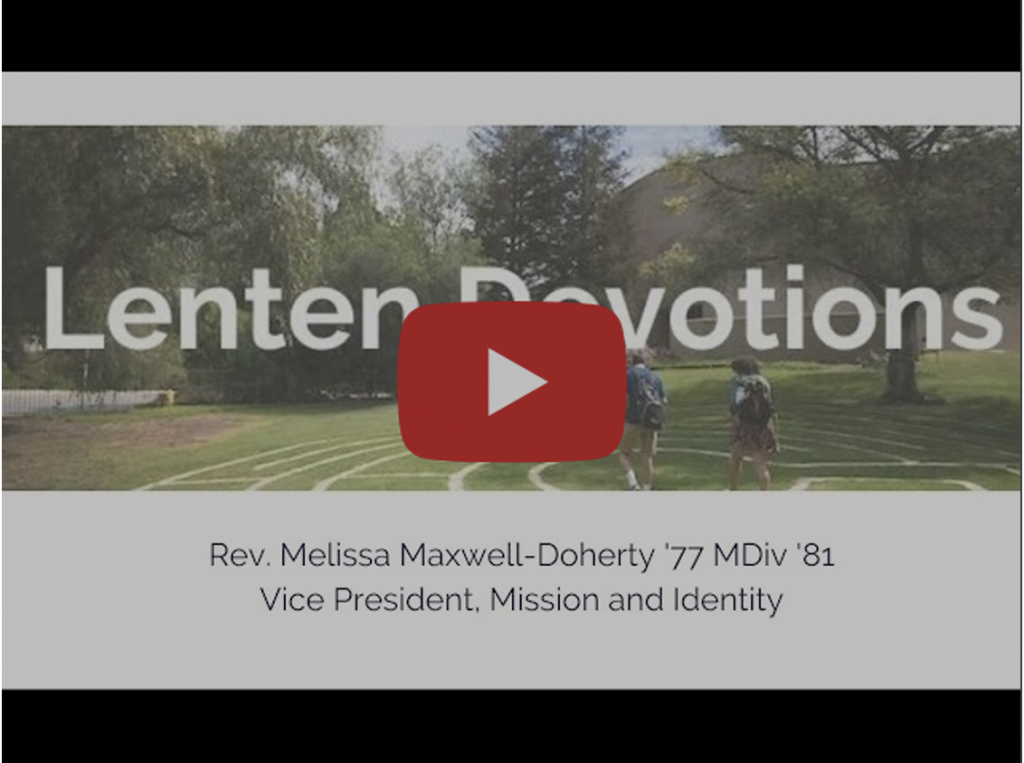Who will separate us from the love of Christ? Will hardship, or distress, or persecution, or famine, or nakedness, or peril, or sword?
- Romans 8:35
Separation is a common language for us nowadays. A virus continues to keep us secluded in our homes, separated from even our closest family members, and in isolation from our everyday activities where we find a sense of belonging. The first few weeks of sheltering in place were a novelty. Folks got projects on their homes done, a bonding developed with our children learning to navigate distance learning, and oh, the baking of bread became delightful challenges. After a few weeks and months later, it became clear that separation was going to be for the long haul. Like children sitting in the back seat, we whined, “Is it over yet, can we get back to normal?” As time marched on, like death, the pandemic has brought out the best and the worst in us.
Many of us have had the privilege and convenience to work from home. Others, deemed essential workers, headed out into the front lines, like canaries in the mines where many were inadequately protected from the wrath of COVID-19. A majority of these front-line workers have been our black and brown siblings who continue to suffer the greatest loss of life at the hands of the systemic structures of the powerful and privileged. Yet we still lament over the smallest of inconveniences lost in our lives of privilege.
The Romans verse above is one of the cornerstones in Lutheran theology that invokes an image that no matter what hardships befall us, that no one can separate us from Christ’s love. What does it speak of when this question comes from a place of power and privilege? How encouraging is this to those who continue to suffer the unequivocal injustices of racism without looking at the white privileged as the enemy? These are difficult and complex questions with no easy answers. Like these questions, our Lenten journey is not meant to be easy. As we sit in quiet thought, our presence steeped in reflection, we look towards the cross, to acknowledge our power and privilege. We look to the cross as a symbol of hatred that is transformed into the power of grace and pray that our lives be transformed too.
Gracious God,
We begin our walk with humility knowing that your love encompasses all of humanity and creation. We acknowledge our shortcomings, the unknown yet to be revealed and the known we wish to keep secret. We ask for courage to be in deeper relationship with those different from ourselves, that we spend more time listening than speaking. We ask for inspiration in your vision for us and all of creation where all are welcomed to live in peace. Amen.
- Rev. Christine Higueria-Street ’07, MDiv ’12
Convocator and PLTS Advisory Board






